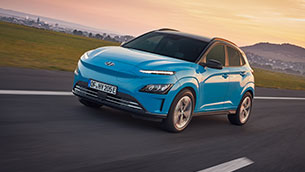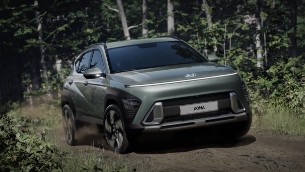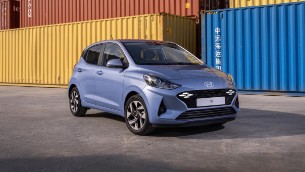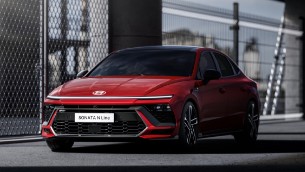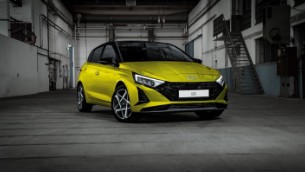Hyundai team busts some myths regarding the electric vehicles!
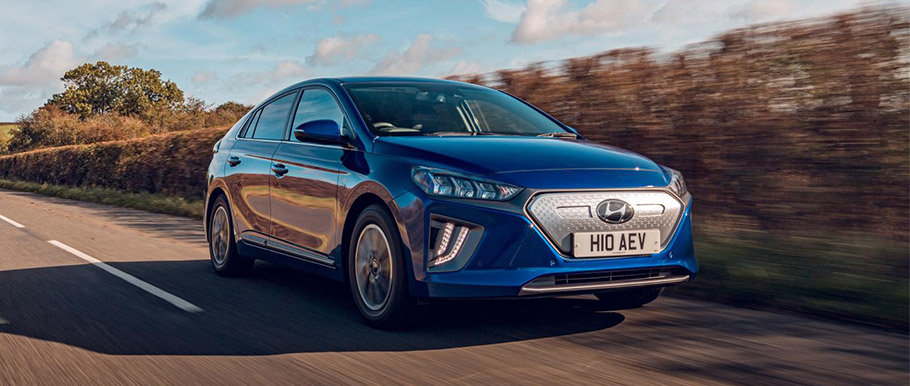 Almost a fifth of petrol and diesel vehicle owners are put off switching to electric, due to the fact that is worried about driving in adverse weather conditions such as lightning storms and similar.
Almost a fifth of petrol and diesel vehicle owners are put off switching to electric, due to the fact that is worried about driving in adverse weather conditions such as lightning storms and similar.
Despite the growth of the hybrid and full-electric segment, there are still some myths that stubbornly refuse to perish. There was a comprehensive survey carried out, which showcased that 22 percent of the people would not feel safe and comfortable operating and maintaining an electric car.
At the same time, 18 percent said that they don't think it is safe to drive through a lightning storm and 12 percent wouldn't feel happy about charging their phone in an electric-driven automobile.
At current, there are 20,000 electric vehicles in London alone and about 1,700 electric taxis in Europe's largest cities. Almost a third of Londoners are worried about driving in lightning with the same figure having a safety concerns about driving in the rain. Probably this is why Hyundai conducted the myth-busting research with OnePoll as people look at ways to reduce their carbon footprint.
So, check out people's claims and worries and compare them with Hyundai's answers and explanations below!
Range anxiety bringing you down?
Don't panic. A typical electric vehicle (EV) covers between 100 and 200 miles on a single charge and even longer on some models with ranges of more than 300 miles. Hyundai's KONA Electric can actually go as far as 278 miles with one charge.
Worried you won't find anywhere to charge?
No need to be! There are currently more than 14,500 public charging points in more than 9,000 locations in the UK. and the network is growing rapidly.
Think an electric vehicle is too expensive?
Think again. With more and more affordable and competitive options and fewer moving parts to fail or need replacing, EVs are in fact cheaper to run than conventionally fuelled vehicles.
Worried that electric vehicles are too sluggish?
Not true! Instant torque delivery means EVs can accelerate just as quickly and if not much quicker than their petrol or diesel counterparts. For example, Hyundai's Kona Electric can accelerate from 0-62mph in just 7.9 seconds.
Think you can't take an electric vehicle through the car wash or drive in a lightning storm?
Of course, we've all been told that you don't mix electricity with water, but when it comes to EV's its perfectly safe to use a car wash and there's no extra risk of driving in a lightning storm.
Not enough choice in the market?
The electric car market is expanding rapidly. In fact, Hyundai currently has the largest e-mobility fleet in the world including the latest in electric, hybrid, and hydrogen fuel cell vehicles.
Worried that electric vehicles' batteries are adding to the landfill crisis?
EV batteries can be recycled just like the batteries in petrol or diesel cars. EV power cells can be used to store solar and wind energy or they can be broken down with their more-valuable elements reused.
Doubting the safety of electric vehicles?
Rest assured that EVs undergo the same rigorous testing and meet the same safety standards required for petrol or diesel fuelled cars.
Worried about your breakdown cover?
No reason to be. The majority of breakdown suppliers now provide services for all EVs as well as conventional vehicles.
Don't think an electric vehicle will fuel your petrol head needs?
You won't be disappointed. As soon as you push down on the accelerator, the transition from stationary to speed is almost instantaneous.
Source: Hyundai
